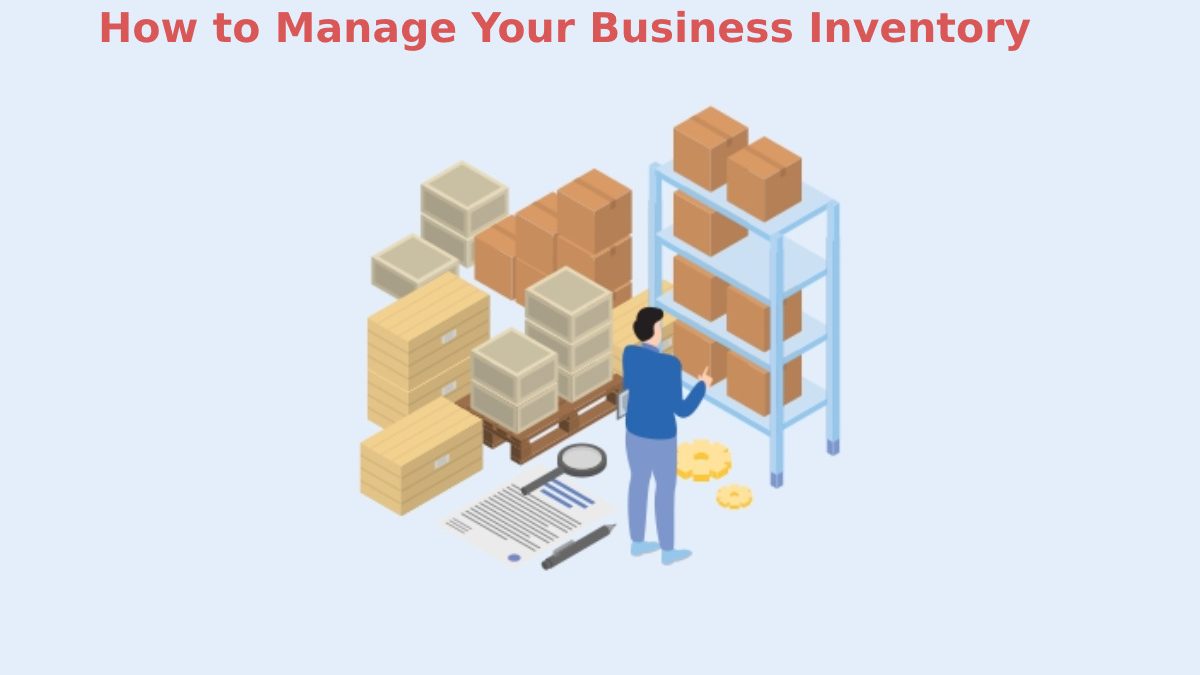Inventory management is necessary for organizations of all sizes, and business owners need more efficient policies and practices for managing supply and demand requirements. Mismanagement of the inventory leads to delays in deliveries and dissatisfied customers. Learning more about efficient business practices improves how organizations control their product inventory and fulfil customer orders.
Table of Contents
Integrate an Inventory Management Platform
Inventory management platforms give businesses everything they need to manage their inventory. The platforms offer tracking, monitoring, and reporting tools to show what products sell and the current supply quantities. These platforms help business owners streamline production and lessen the burden on their workers. Want to learn more about managing available-to-promise products? Contact a vendor now.
Track Sales and Top Selling Products
Tracking sales and top-selling products helps business owners maintain adequate supplies and create more of these products regularly. Businesses have staples that sell for years and generate a following, and dedicated customers continue to purchase these products. Regular monitoring ensures that the company accommodates its client base’s desires to buy these products and creates a steady flow of revenue.
Assess Slow-Moving Items and Start New Advertising Efforts
Slow-moving products don’t have to lead to discounted prices and financial losses. Instead, the company owner generates a report of all slow-moving products that aren’t selling, and the information helps them create new ways to market the products to consumers. Most retailers sell off the slow-moving inventory through sales and discounts, but if the company creates buzz about the products and their benefits, they might sell the items at regular prices. Generating reports and assessing the market for these products gives the owner new opportunities for unloading the products without losing money.
Automate Supply Orders
Inventory management practices and platforms give businesses a method for automating supply orders. The owner sets the parameters in the software based on the current quantity of each supply, and the software submits supply orders according to the data. The software reviews vendors and prices to get the company owners the best prices for each item and save money. Automating the supply orders improve chain supply demands and prevent the company from running out of supplies or delaying their customer orders.
Establish Connections for Remote Devices
Inventory management platforms provide business owners with remote connections to mobile devices, and business owners use all the terrific features of the platform from anywhere. Business owners need more flexibility when managing their inventory, and they need connections from any location to conduct business efficiently.
The software provides login credentials for the business owner, and they have a secured connection to their inventory and data systems. The robust security schemes help the owners get the information they need without fear of a cyberattack or security breach.
Inventory management practices give business owners better control over their inventory, and the company fulfills customer orders more efficiently. Businesses of all sizes need improved management practices to track supplies and ensure that workers produce the company’s items on time.
Automation improves supply orders and meets supply and demand requirements. The business owner focuses on more pressing matters, and the software identifies better prices for the supplies. The business streamlines manufacturing processes and gets orders to customers faster. These steps make the company more profitable and successful. Need better ways to manage your inventory? Contact a vendor for more information now.

